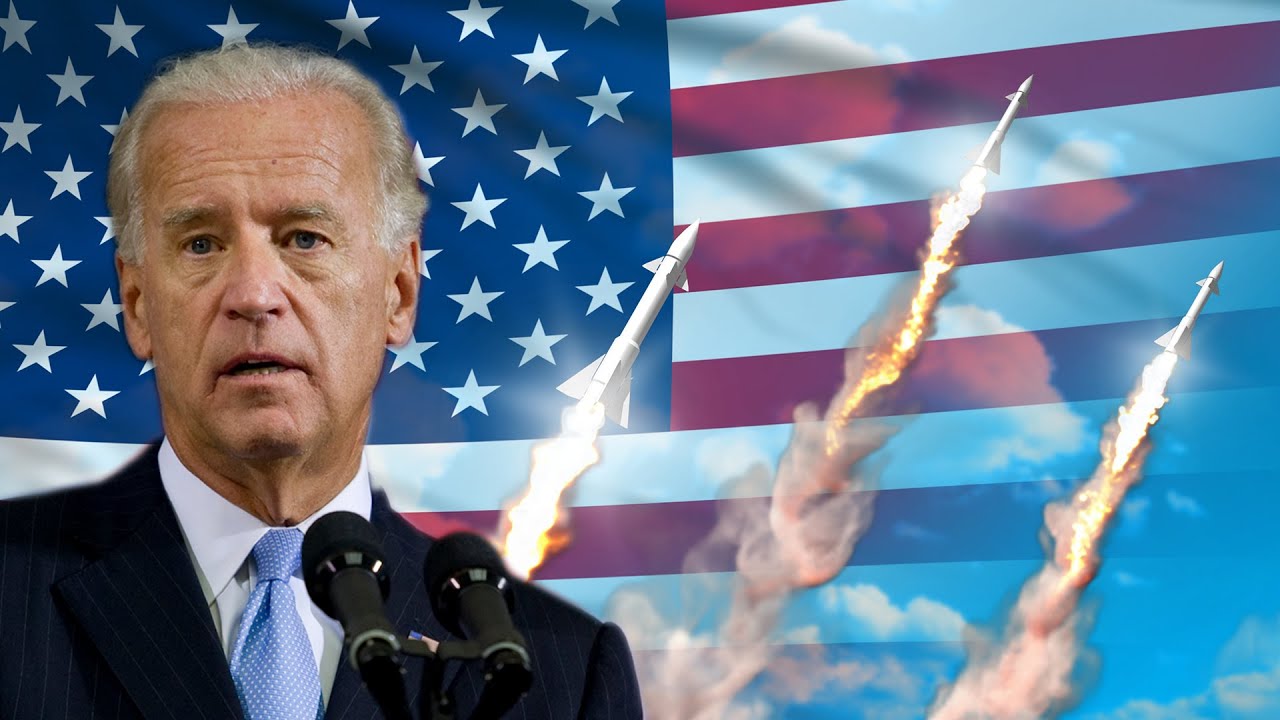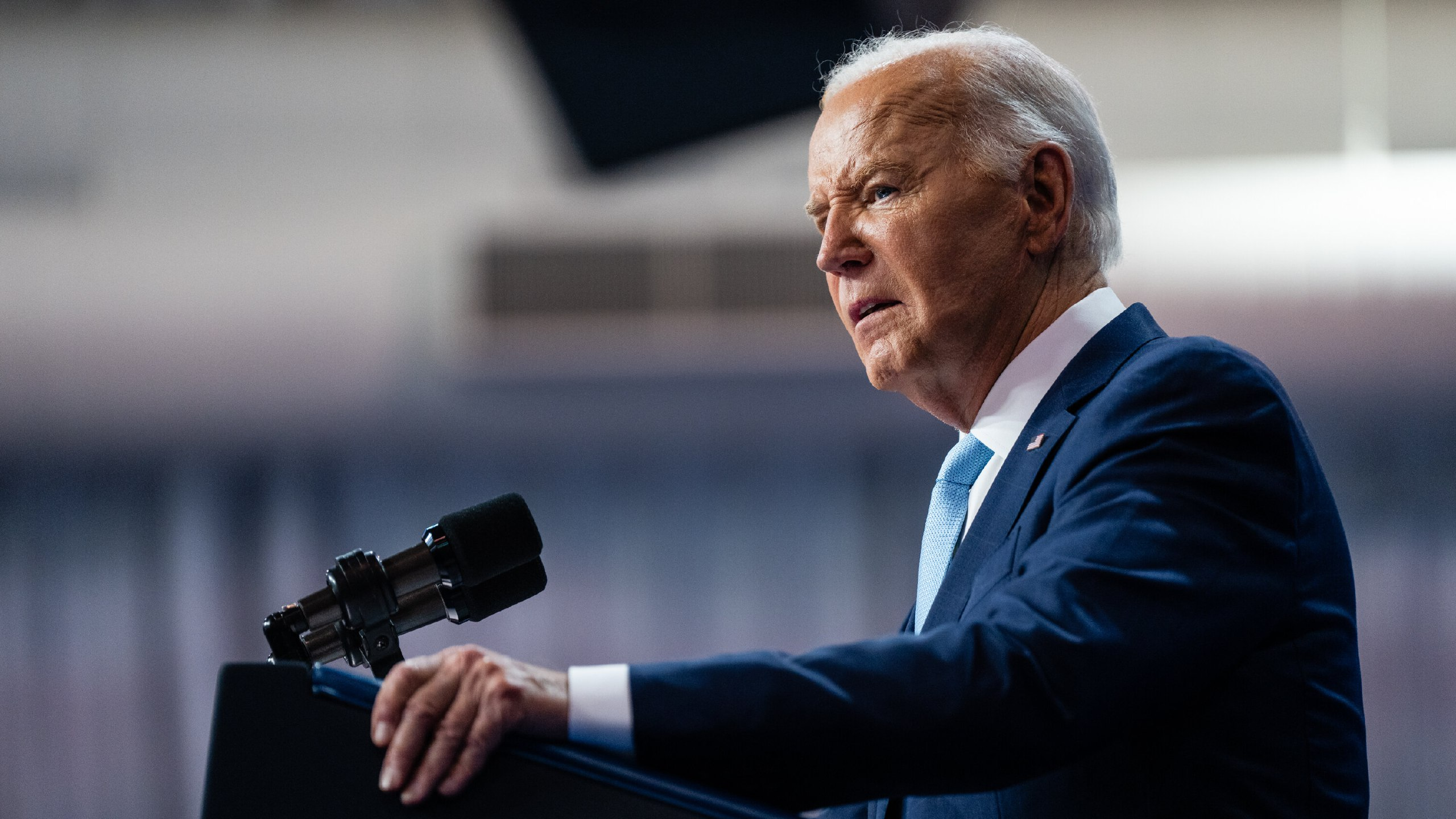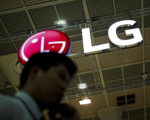China has sharply criticized the United States following reports that President Joe Biden approved a shift in U.S. nuclear strategy aimed at addressing Beijing’s growing nuclear capabilities. The New York Times revealed that Biden’s revised nuclear strategy, known as the “Nuclear Employment Guidance,” was approved in March amidst concerns from the Pentagon about China’s rapid nuclear expansion, which is expected to rival the U.S. and Russia in the coming decade.
China’s state media and foreign ministry responded swiftly, accusing the U.S. of using China’s nuclear development as a pretext for maintaining its own large arsenal. The editor of the Global Times, a prominent government-affiliated publication, accused the U.S. of hyping up the “China nuclear threat narrative” to justify its post-Cold War nuclear posture. The editor further called on Washington to rebuild trust with China through dialogue rather than confrontation.
China’s foreign ministry echoed these sentiments, with spokeswoman Mao Ning reaffirming that Beijing has no interest in engaging in a nuclear arms race. Mao accused the U.S. of seeking strategic advantage by exaggerating China’s nuclear developments. She called for a more diplomatic approach to managing tensions between the two superpowers.

The criticism from Beijing comes amid a backdrop of increasing concerns within Washington over China’s military ambitions. A Pentagon report published last year projected that China’s nuclear warhead inventory would exceed 1,000 by 2030, while the number of operational nuclear warheads had already surpassed 500 by May 2023—higher than previous estimates.
The Biden administration’s revised strategy not only focuses on China but also prepares for potential nuclear threats from Russia and North Korea. Despite China’s objections, the White House has maintained that the nuclear strategy was not specifically targeted at any one country, but rather designed to address multiple evolving global threats.
Tensions between the U.S. and China over nuclear issues have been escalating, with both nations exchanging sharp rhetoric in recent years. Informal talks between the two resumed in March 2023, with Chinese officials assuring the U.S. that China would not use nuclear weapons in the Taiwan dispute.
As geopolitical competition between the world’s two largest economies intensifies, nuclear capabilities have become a key point of contention. Beijing sees U.S. policies as a threat to regional stability, while Washington remains concerned about China’s growing military power, especially as it extends its influence in Asia and beyond.
The ongoing friction between the U.S. and China underscores the complexities of global security in a multipolar world where traditional Cold War-era nuclear dynamics are being reshaped by emerging powers. Both nations will need to navigate these challenges carefully to avoid escalating tensions into a full-blown arms race.

















